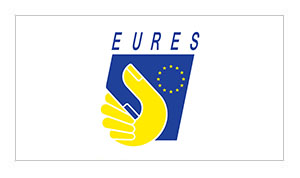The construction sector has seen steady growth in our country’s economy year after year. However, it is also one of the most controversial sectors of Malta’s economy.
In recent years, there have been a number of accidents and even deaths related to the construction industry. All of this has led to calls for better standards and even licensing of construction companies.
In recent years, GWU has repeatedly emphasized the licensing of construction contractors. Proposals to political parties even included requiring every contractor to be licensed and all workers to have Skill Cards. More than a month ago, the Ministry of Public Works and Planning launched a public consultation on a legal notice providing a framework for contractor licensing.
That consultation was only completed on Friday and concerned a draft legal notice that would require contractors engaged in construction, demolition, excavation and building construction to be licensed. This legal notice will lead to higher quality of work and better enforcement in the construction sector.
GWU, which has been a prominent voice in calling for a set of regulations to protect workers in this industry, also participated by submitting its proposals for the necessary changes in a comprehensive report. The proposals were aimed at providing insight into improving working conditions in the industry and making construction sites safer.
The report, in which the General Workers’ Union comments on the impact of the Construction Industry Licensing Regulations 2023 on the industry and its workers, makes crucial suggestions that need to be considered, such as expanding the definition of certified equipment to include health and safety equipment, upgrading iSkill Cards, introducing a deputy who is also licensed, and ensuring that all workers on construction sites have the necessary qualifications and training. Above all, the GWU stressed that health and safety should be one of the pillars for both workers and third parties.
It pointed out that skill cards must also be mentioned in the section. They play a critical role in ensuring that workers have the necessary training and skills to perform their jobs safely, reducing the possibility of accidents and injuries, and protecting both workers and the public.
In addition, many construction projects are subject to regulations and standards that require certain worker qualifications and certifications. The iSkill Cards can serve as proof that each worker meets these requirements.
Given that the industry is constantly evolving, so are training and skill cards. As with any other skill card, new topics relevant to the industry can be introduced in addition to refresher courses to keep up with industry modernization.
Since the law on iSkill Cards has not yet been passed, the problem is that there are no clear standards for which one can qualify to work in the construction sector.







